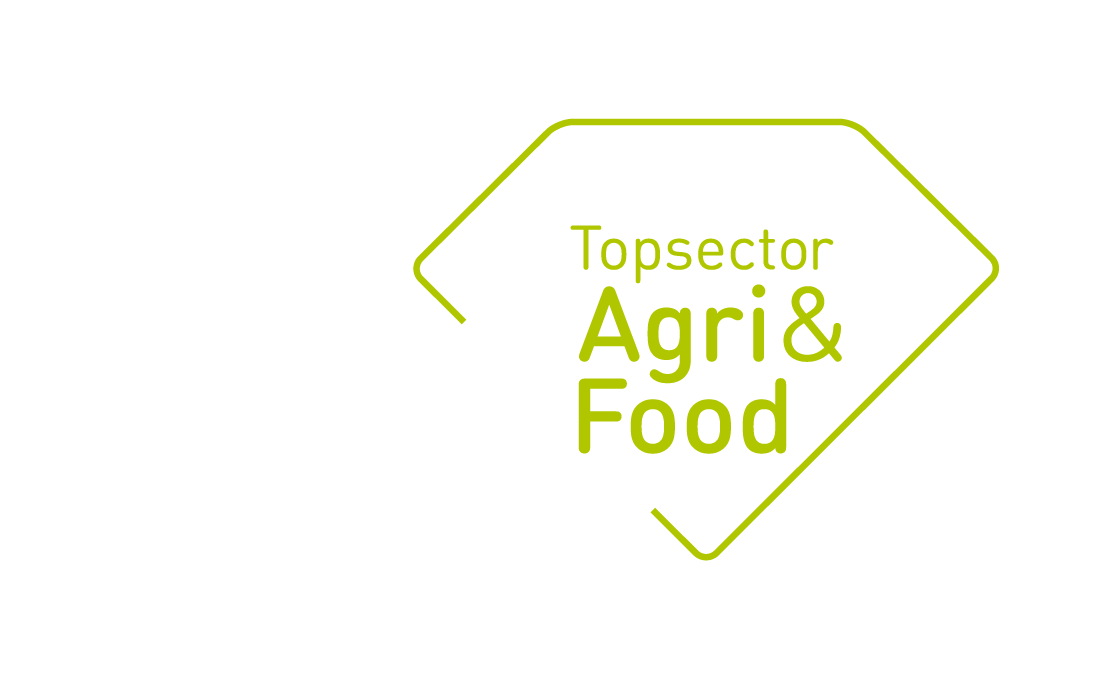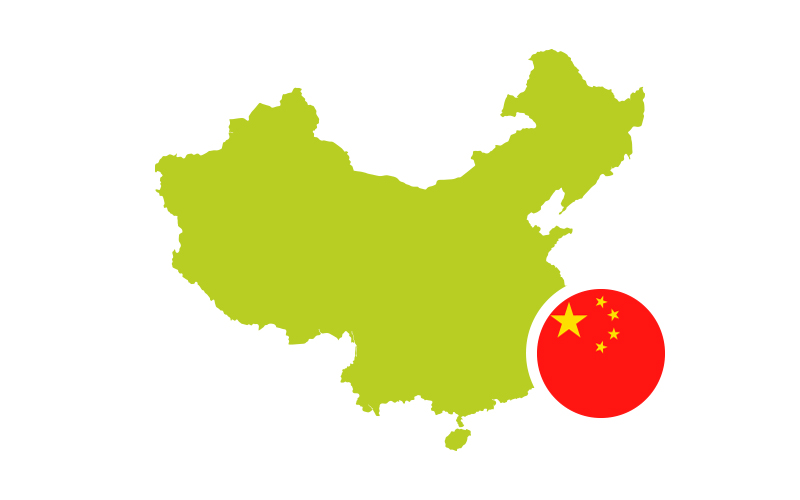Projecttitel: Poultry Production Green Chain Revolution for China
Projectnummer: SMP-16019
Kernthema: Resource Efficiency
Looptijd: 2016
Budget: € 50.000
Projectleider: Peter Vingerling
Kennisinstelling: Wageningen University Research.
Projectpartners: Aviagen, China Animal Husbandry Group, College-Company Alliance of CAHG, Dorset, LTO Zuid, Marel Stork, Meerkat, New Hope-Liuhe, University Vencomatic Group, Yunnan Agriculture, Walmart.
Samenvatting
China’s 13th Five-Year-Plan (FYP, 2016-2020) specifically pointed out that the direction for livestock development will be “Modernization” and “Sustainable”, by “transforming traditional farmers to new-generation professional famers”.
Human factor accounts for more than 70% of the success of farm management, Dutch technologies are far from present knowledge level in China, besides, the high turn-over rate of trained people impedes the sustainability of skilled worker on farm. Therefore, continuous training for technical staff and farmers with certain frequency are necessary.
China has become a top producer and consumer of poultry in the world during the last decade. Although it consumes 12.8kg chicken meat per capita, which accounts for 20% of the meat consumption. Both figures lag far behind the 46kg and 40% in developed country where chicken meat ranks as top meat and protein of people’s daily life.
Poultry production is resource efficient (feed conversion rate is 1.8:1 vs pork 3.0:1) low-carbon Green production and saving agri-land and time. Besides, chicken meat contains lower fat, calories, cholesterol and better quality protein than pork for human development. Therefore, increased consumption of poultry products should be healthier for human population, more economic for China as it can lower the Consumer Performance Index (CPI), as well as more environmental friendly for the planet.
However, due to traditional consumption pattern and especially poultry production problems, such as no or low production standards, irresponsible antibiotics and hormone use, food safety scandals, etc., poultry products remain a small percentage of Chinese daily protein consumption, and will be so in the coming 10 years.
Therefore, better consumer informing/training and public education is necessary.
The Netherlands is the top exporter of eggs in the world. It owes its success to the whole-chain management with good standards and regulations, which focus on quality, efficiency and high added-value.
These are the Green chain concept that we are trying to convey through this SMP to the Chinese industry, through setting up a Dutch Knowledge Export Centre:
- to lobby Chinese government to help set up whole-chain poultry production standards with Dutch higher-level standards and concepts with focus on efficiency, food safety (includes responsible antibiotics use), animal welfare etc. from breed, feed, housing/farming, to slaughter, processing, logistics, till retail and table
- to inform consumers about Dutch advanced technologies that can ensure food safety, animal welfare, resource efficiency etc. and to foster acceptance and trust to Dutch branding and educate consumers for more poultry consumption
- to continuously train technical staffs for Dutch high-level facilities to maintain sustainable good management of Dutch facilities
Besides, the consortium will put emphasis in the Middle and West part of China, where enormous potential for poultry production and consumption will rise and livestock net increase will account for 50% of Chinese market in the coming 30 years. And e-commerce will be used as a channel to disseminate the knowledge excellence centre activities and Dutch products.
Links
Deel dit bericht


